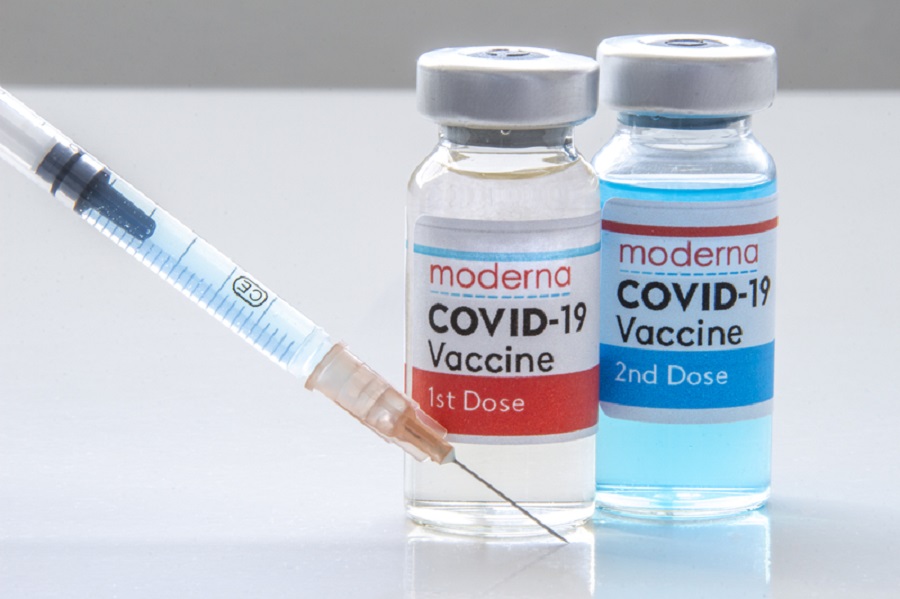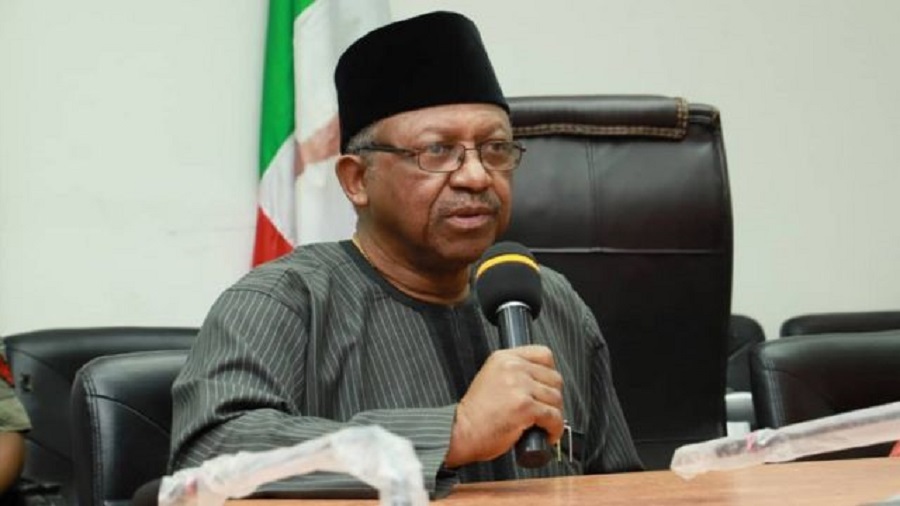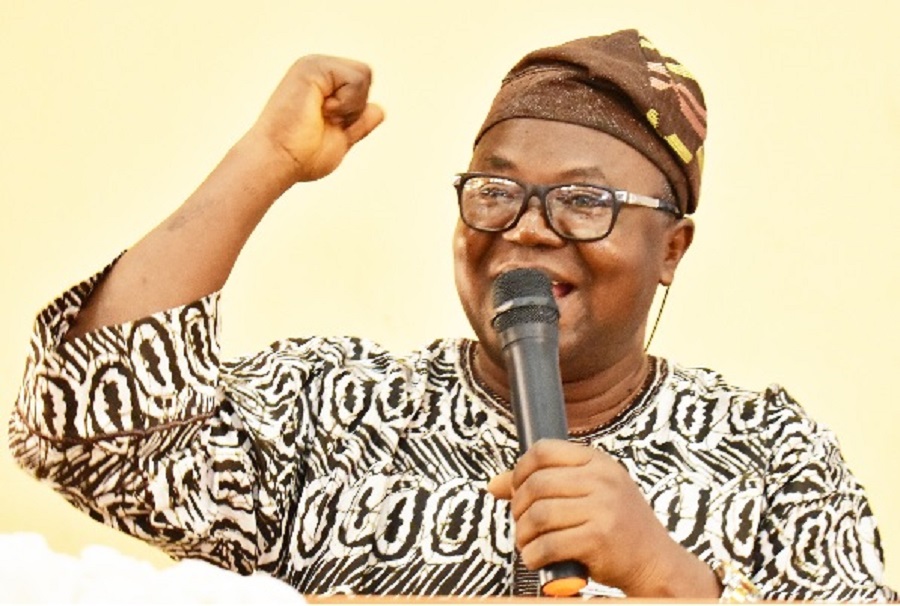South Africa, the most hit African country from the coronavirus, announced that it has secured 20 million vaccines which would be delivered before mid-2021.
This was disclosed by President Cyril Ramaphosa in a televised statement on Monday, as reported by Reuters.
Ramaphosa said:
Ramaphosa added that South Africa will explore other avenues to get as many vaccine doses as soon as possible.
This comes after South Africa’s Ministry of Health disclosed that it would receive 1.5 million vaccine doses from AstraZeneca between January to February, distributed by Serum Institute of India for frontline health workers.
South Africa has also had meetings with other vaccine makers including, Moderna, Pfizer, Johnson and Johnson and others.
Ramaphosa also ordered that South African restrictions remain and the ban on sale of alcohol remains; also 20 land border ports would be closed until the 15th of February.
What you should know
- Nairametrics reported that Pharmaceutical companies, Pfizer and BioNTech will supply up to 50 million doses of their COVID-19 vaccine to Africa, starting from March 2021.
- Africa’s recently surpassed 3 million coronavirus cases on Sunday, including over 72,000 casualties from the pandemic, as South Africa remains the leading nation in Africa, accounting for the highest number of cases at over 1.2 million and also the highest number of reported deaths at over 32,800 as at Sunday, January 10, 2021 – 30% of all cases in the continent.
- Meanwhile in Nigeria, the Federal Government through the National Primary Health Care Development Agency (NPHCDA), announced its distribution plan for the Covid-19 vaccine deployment in Nigeria.
- The NPHCDA revealed that all states will initially receive 4,000 vaccines during the first phase, with the top states being Kano State 3,557; Lagos 3,131; Katsina 2,361; Kaduna 2,074; Bauchi 1,900; Oyo 1,848; and Rivers 1,766.



















